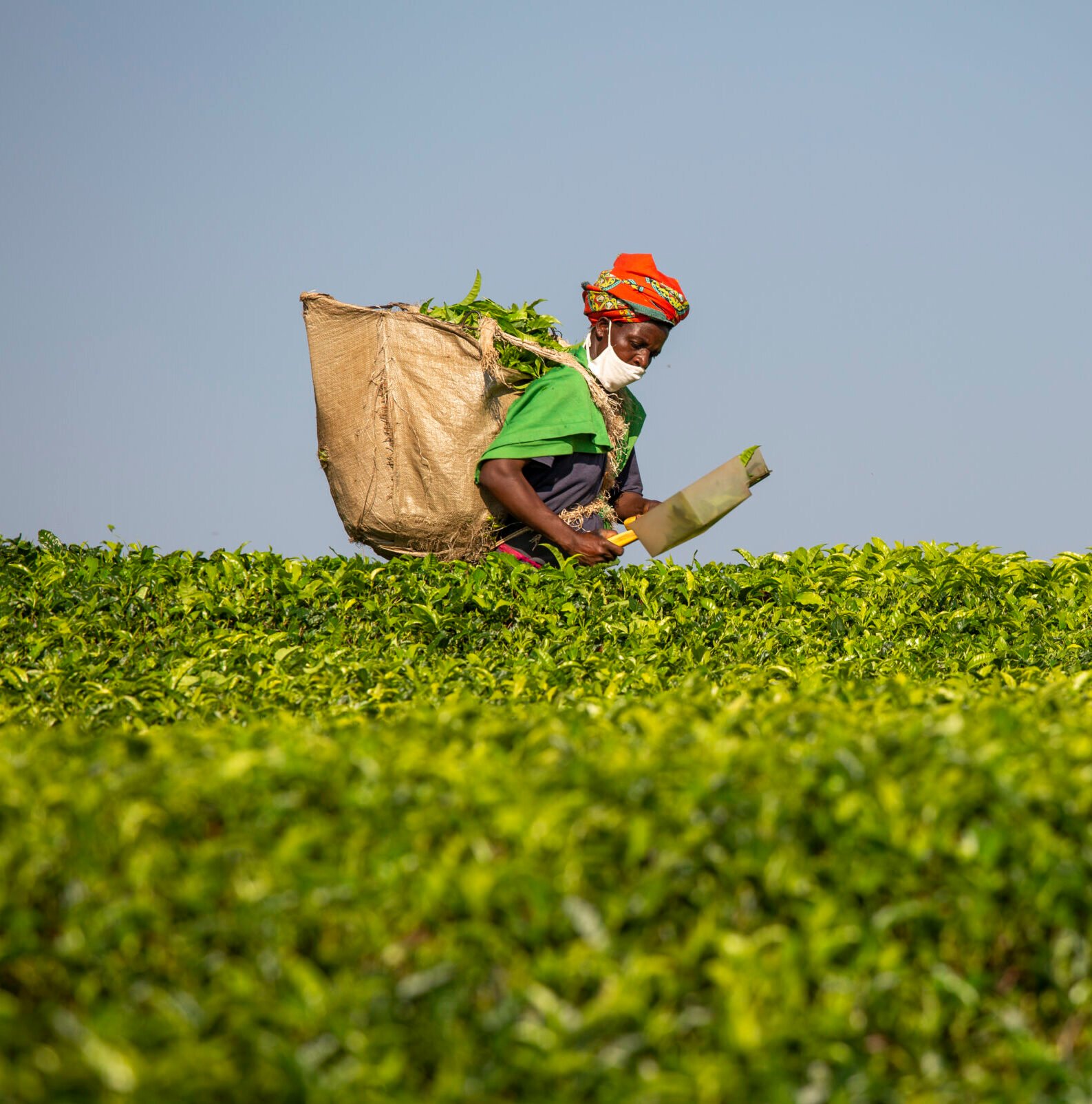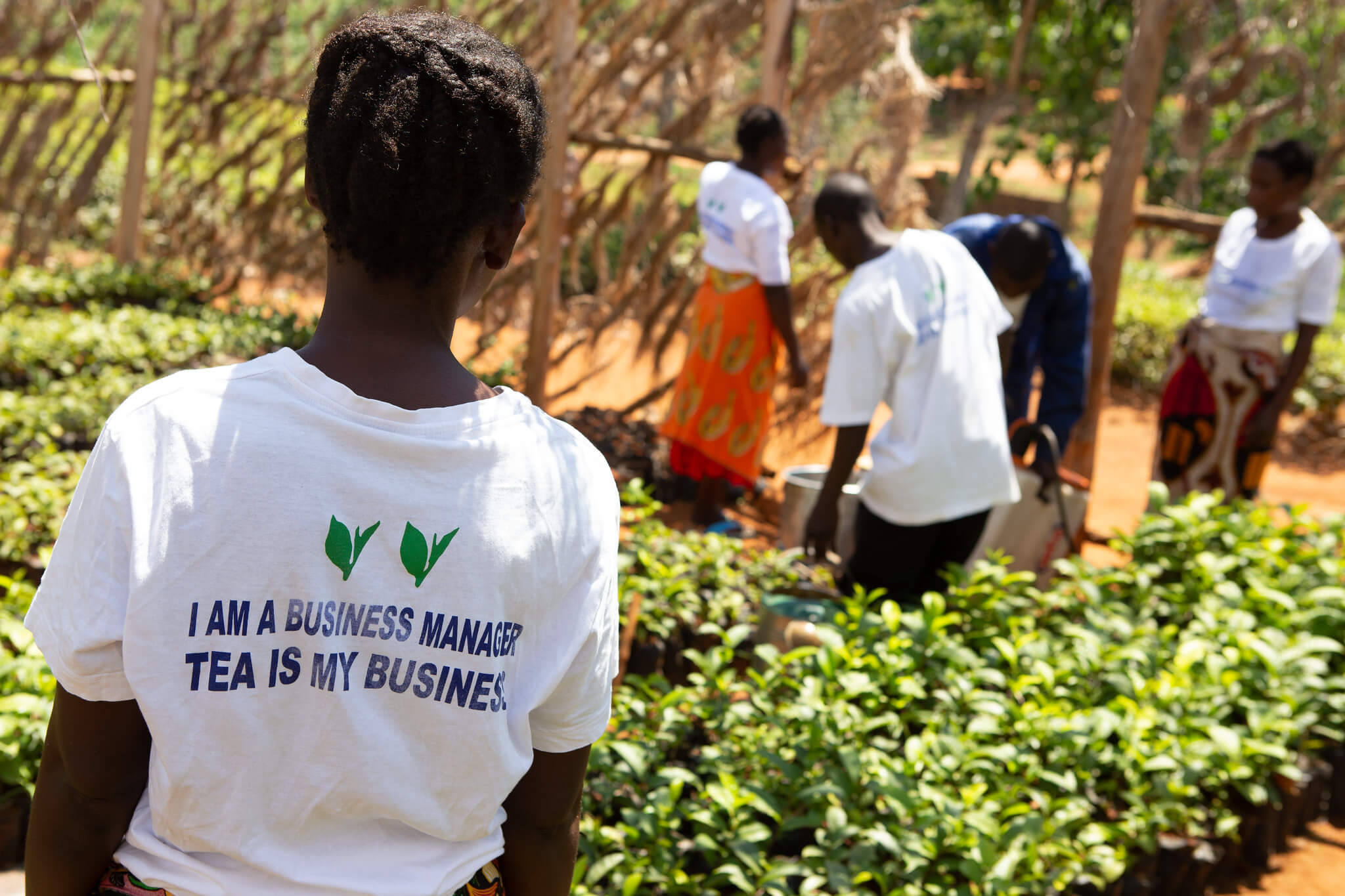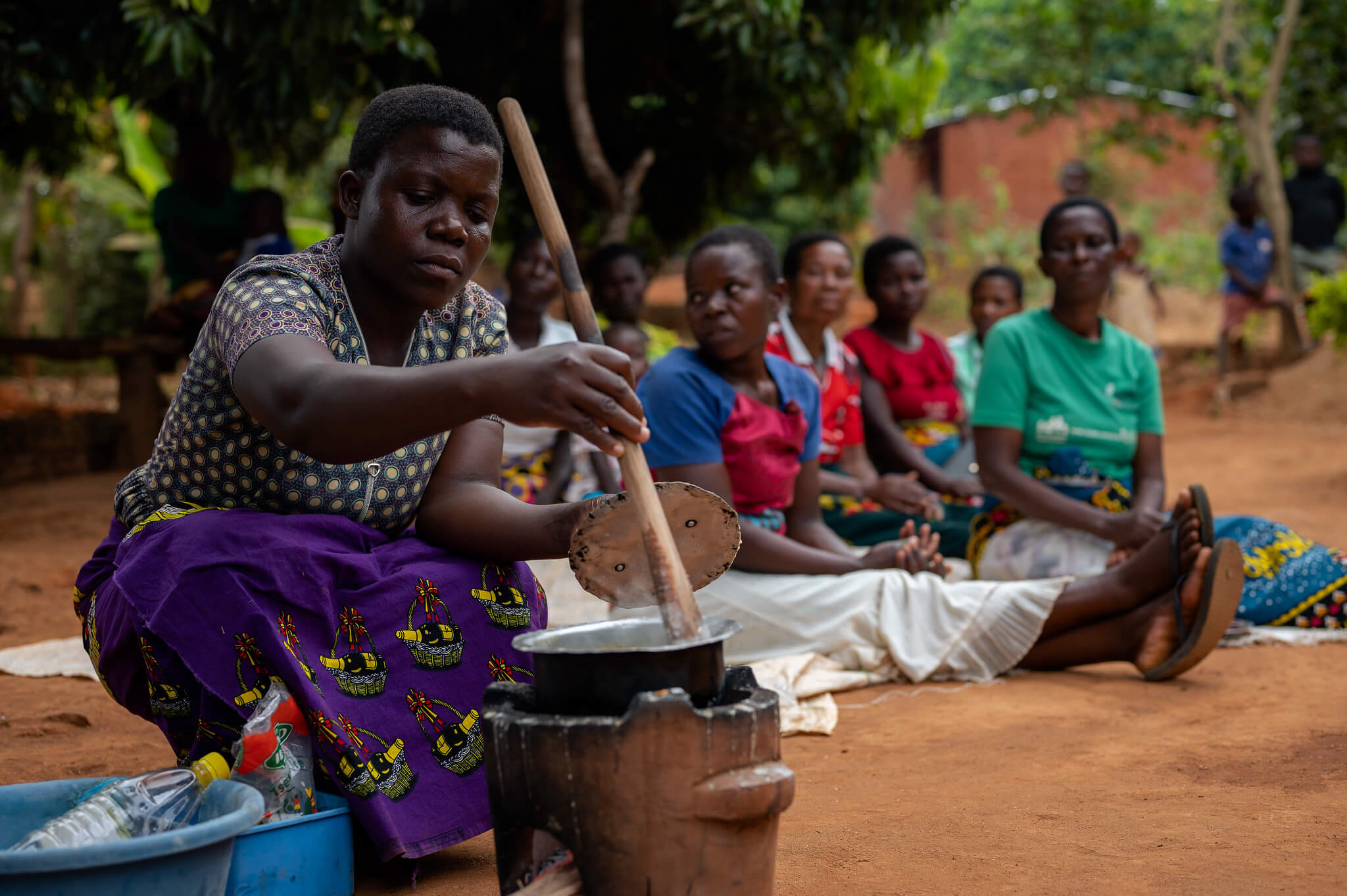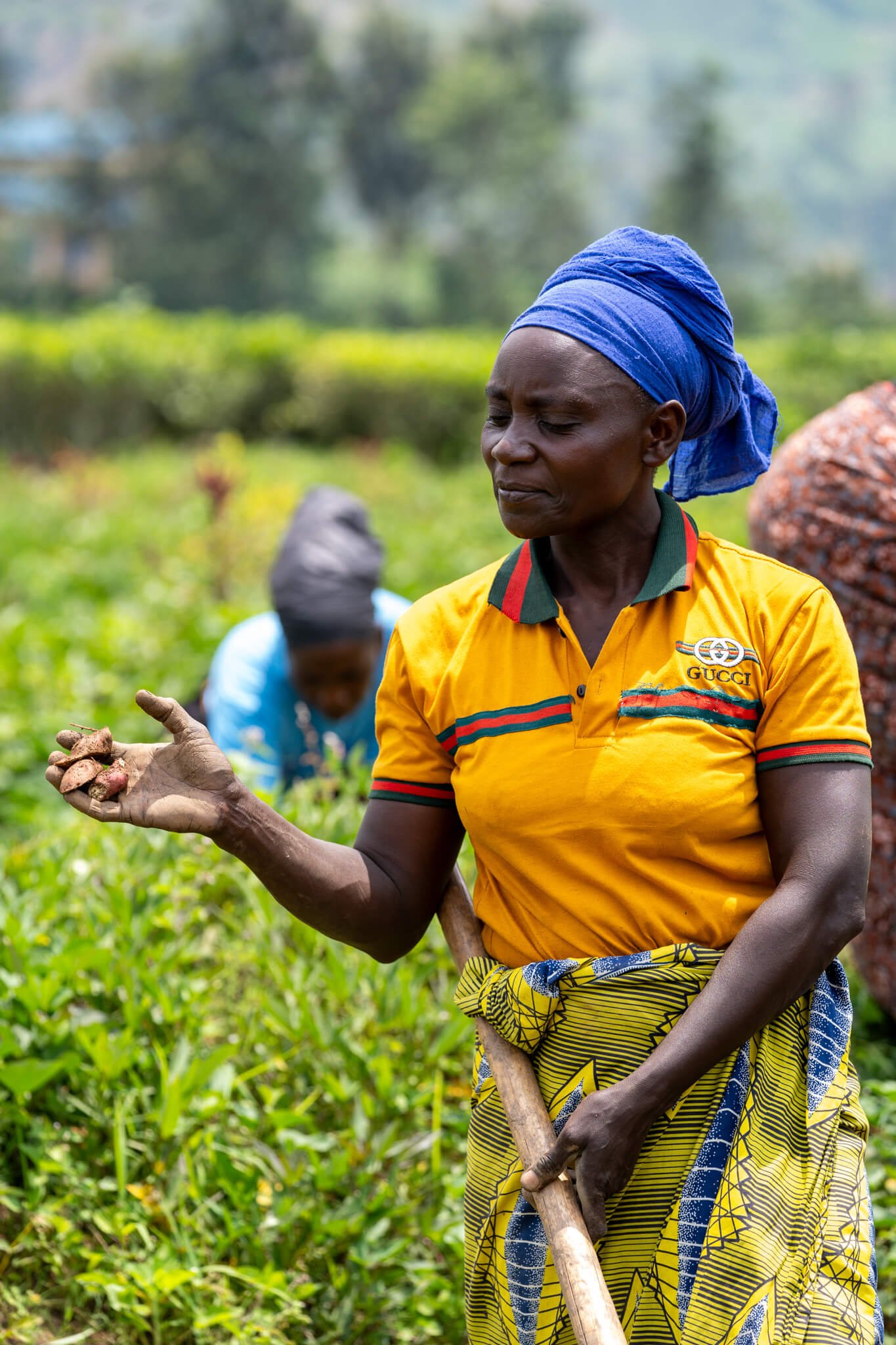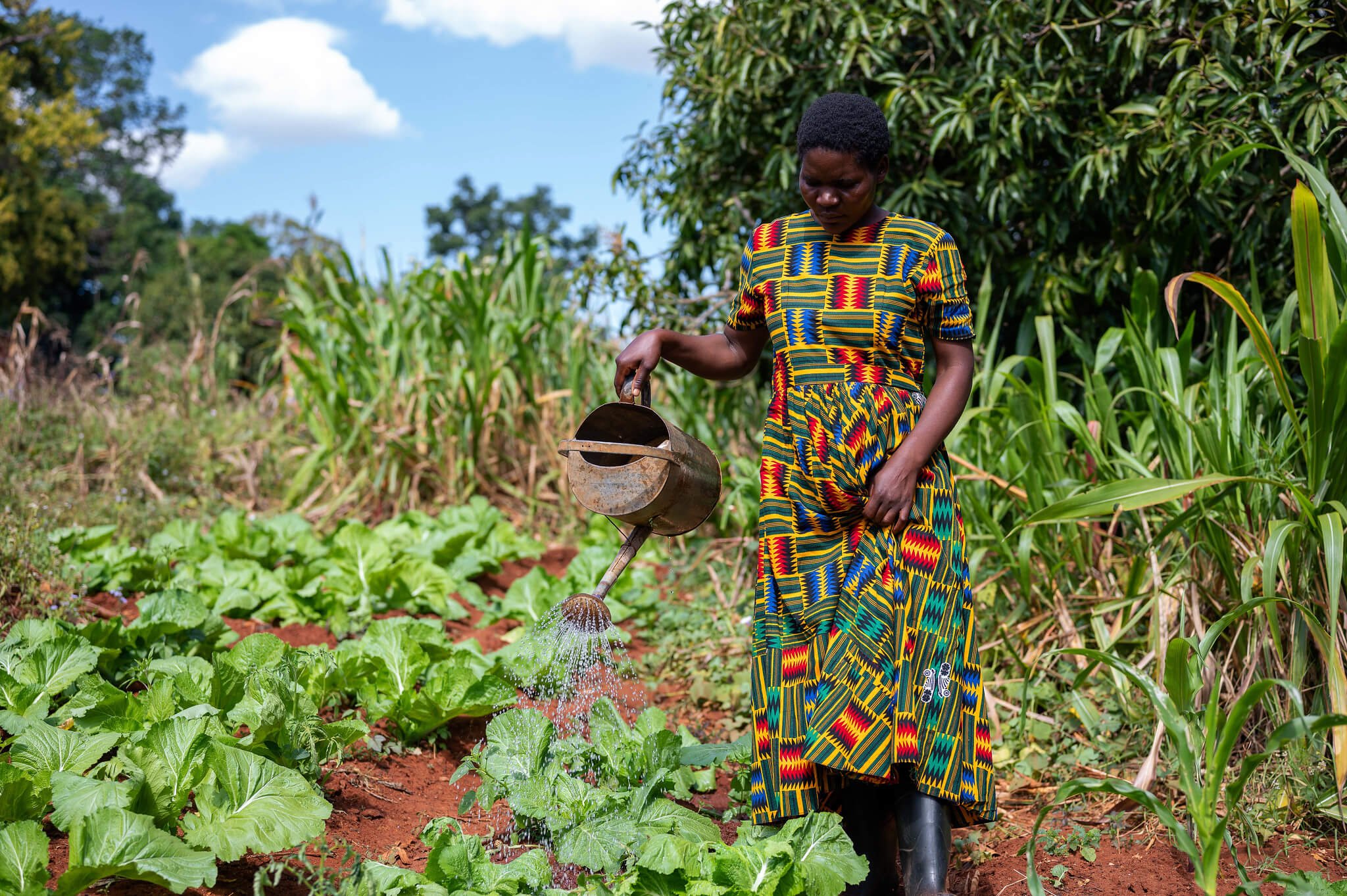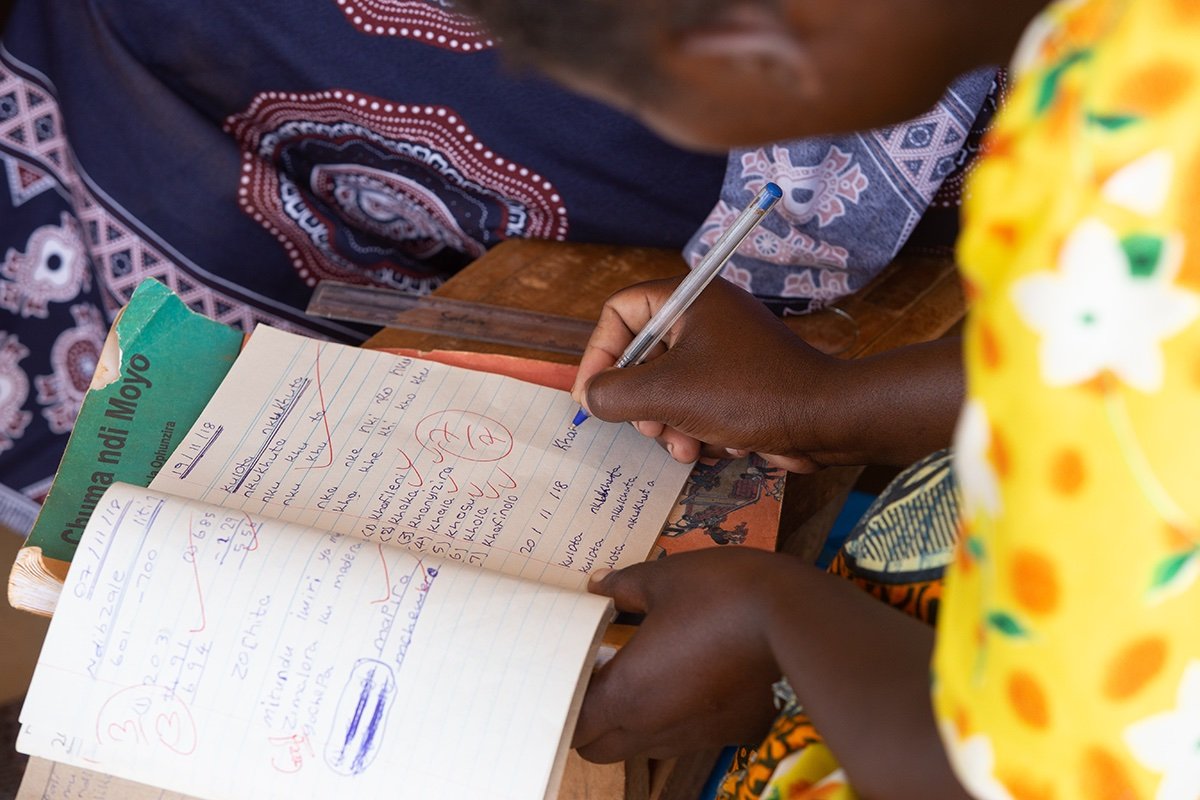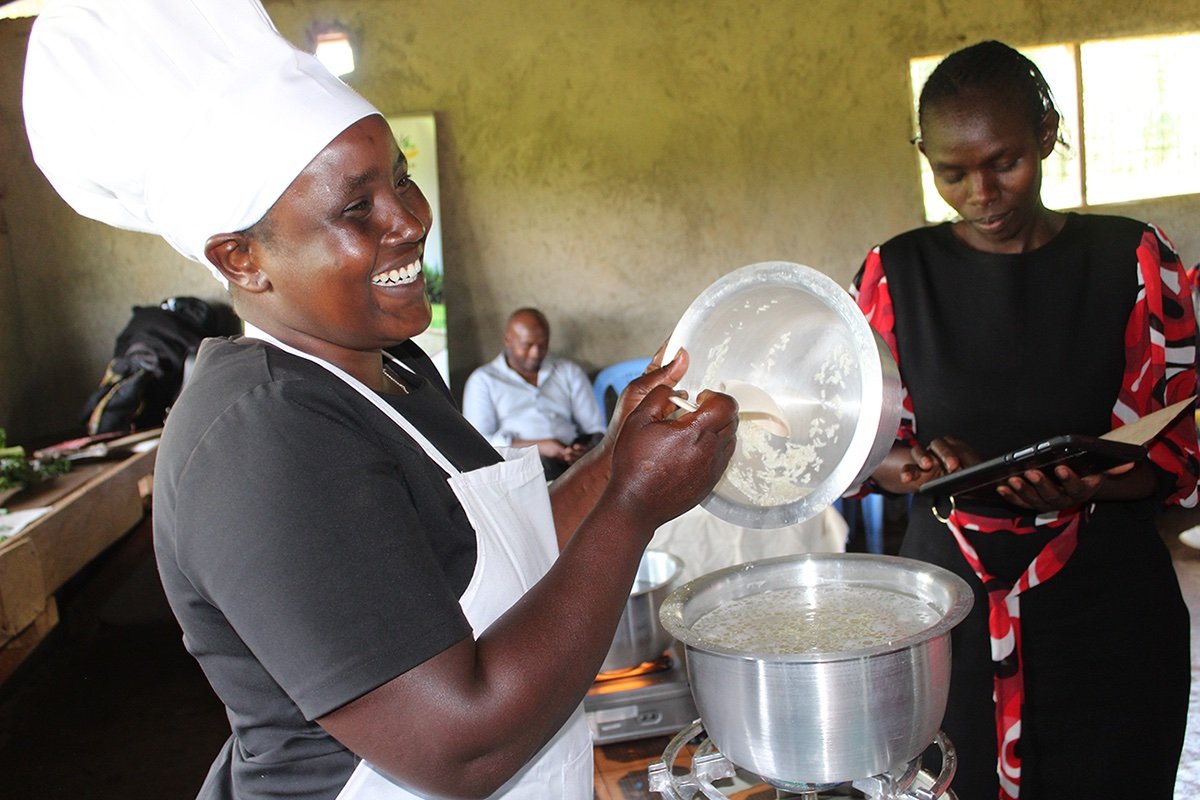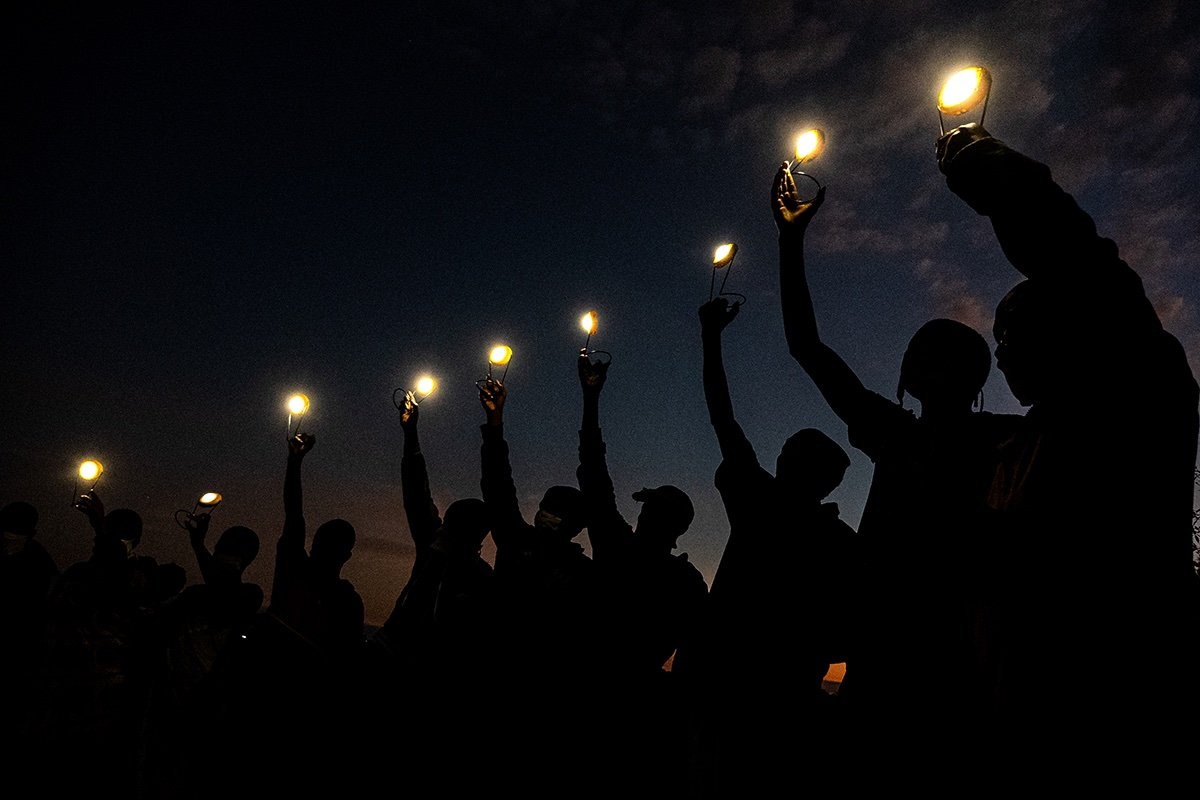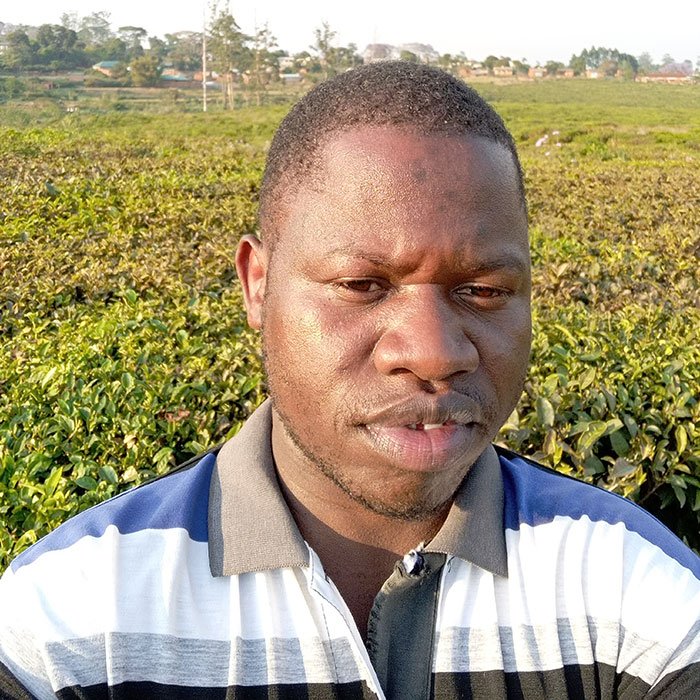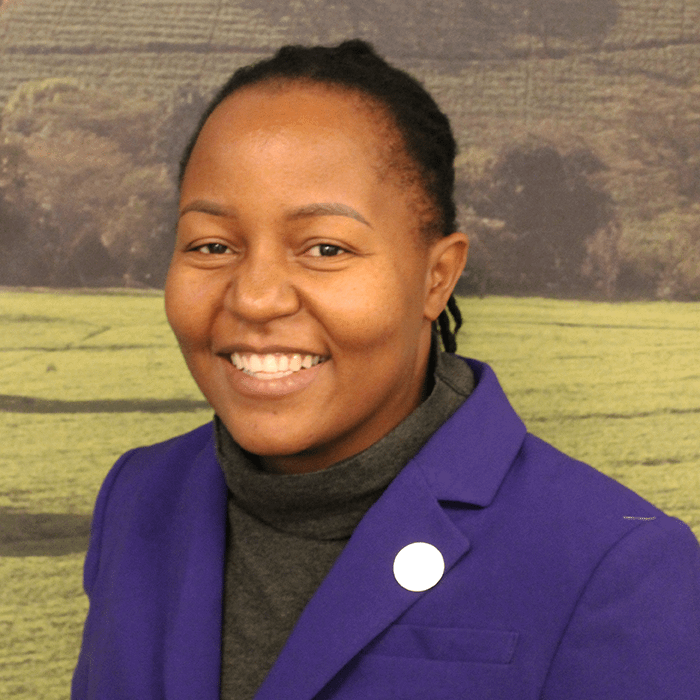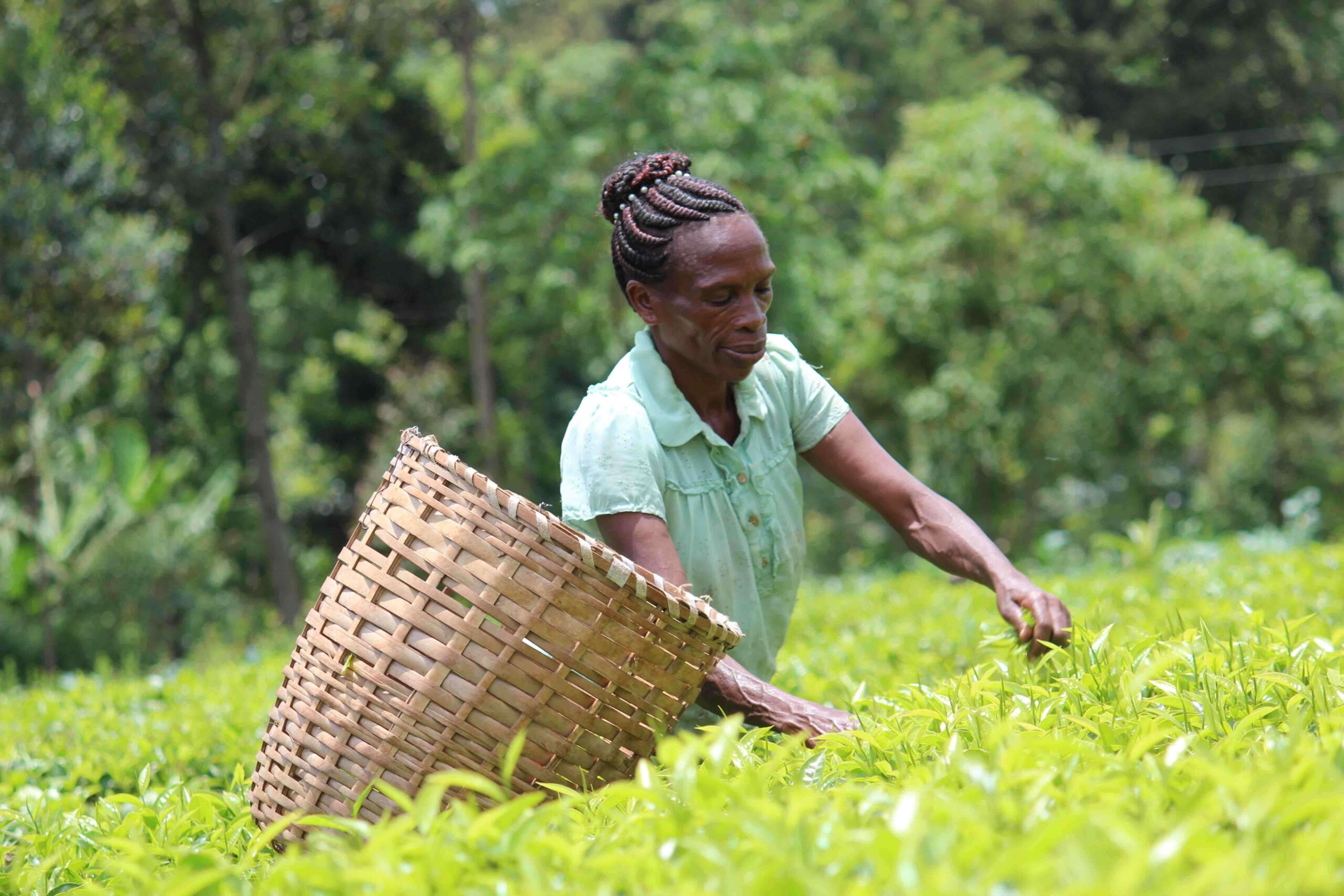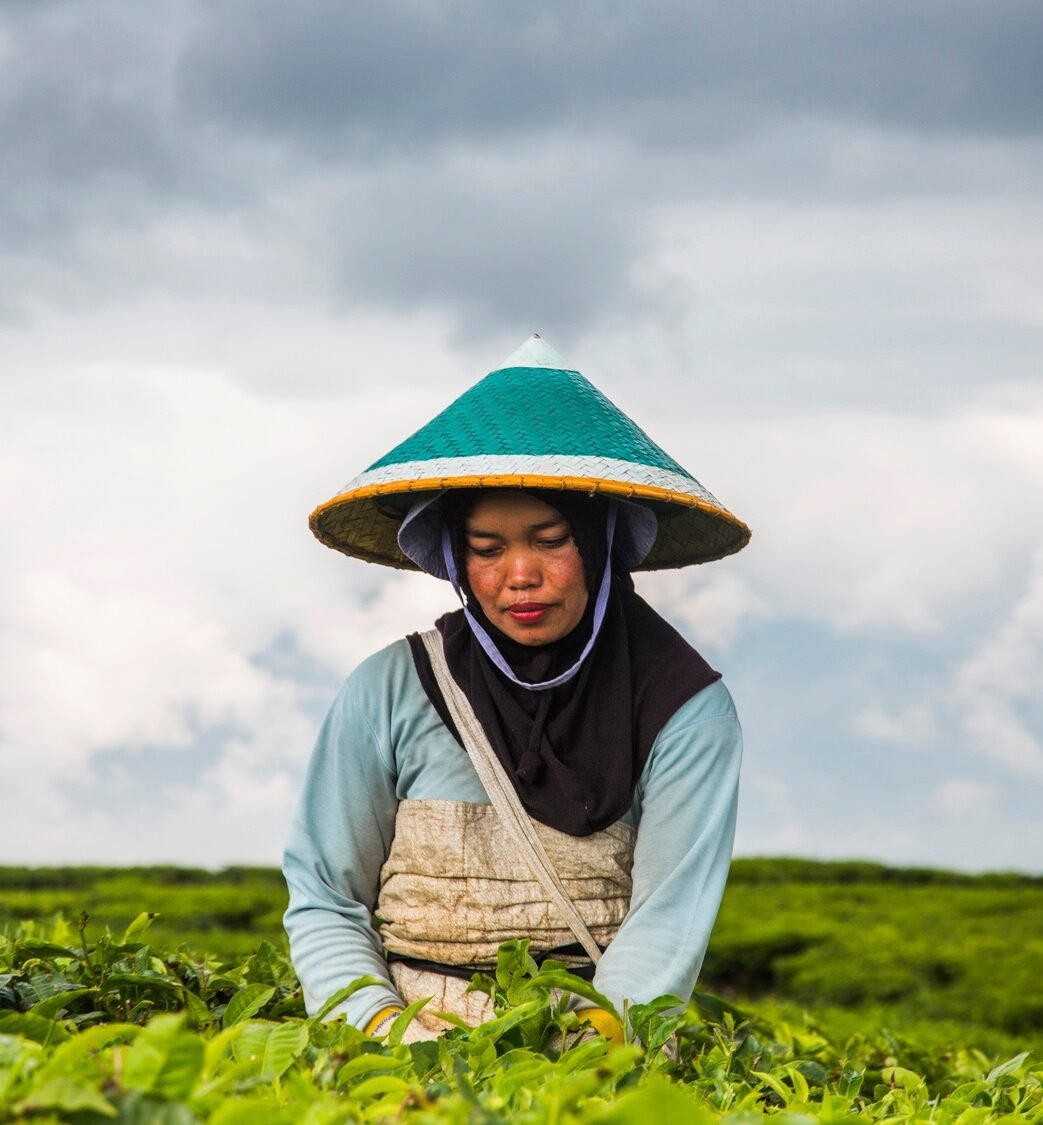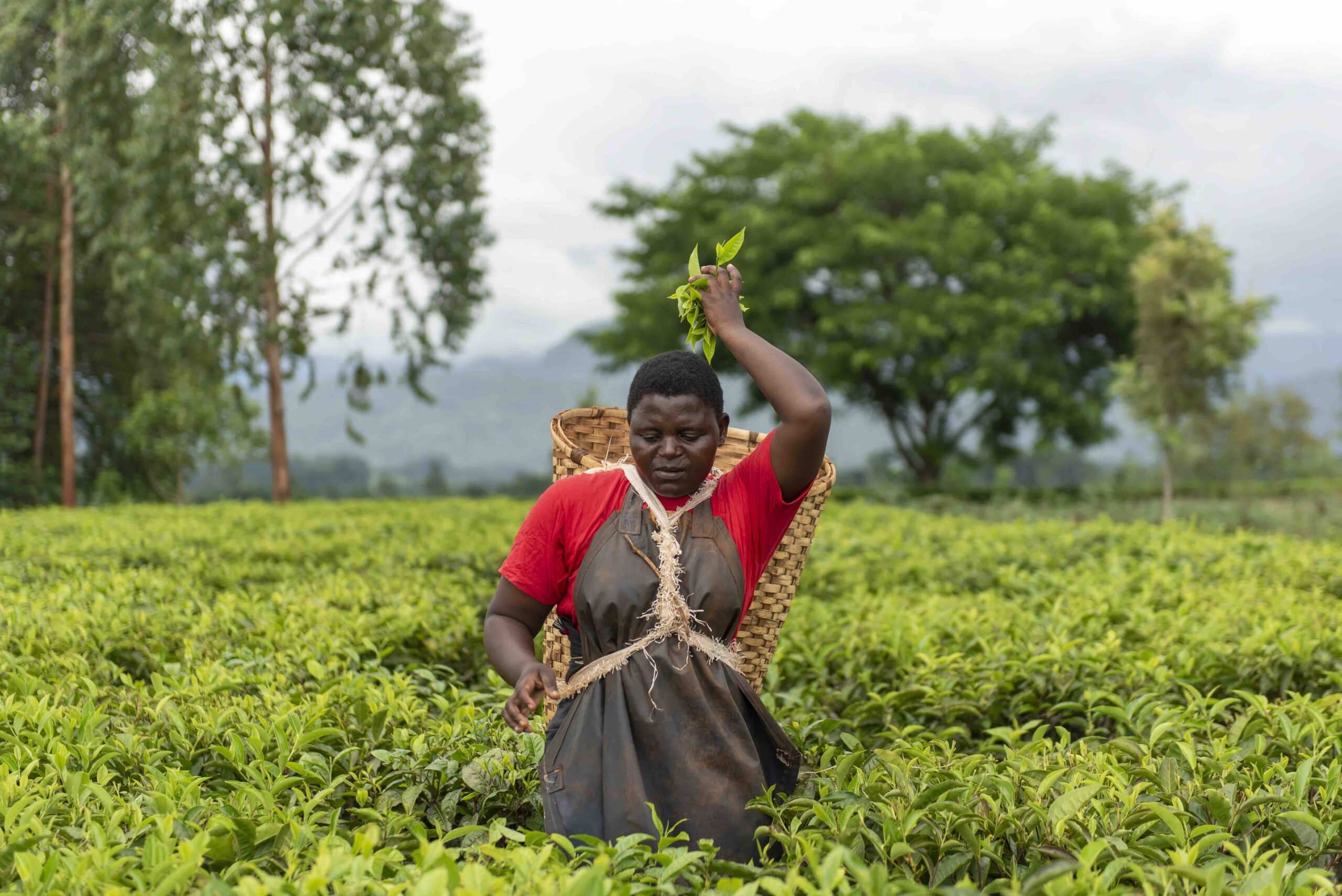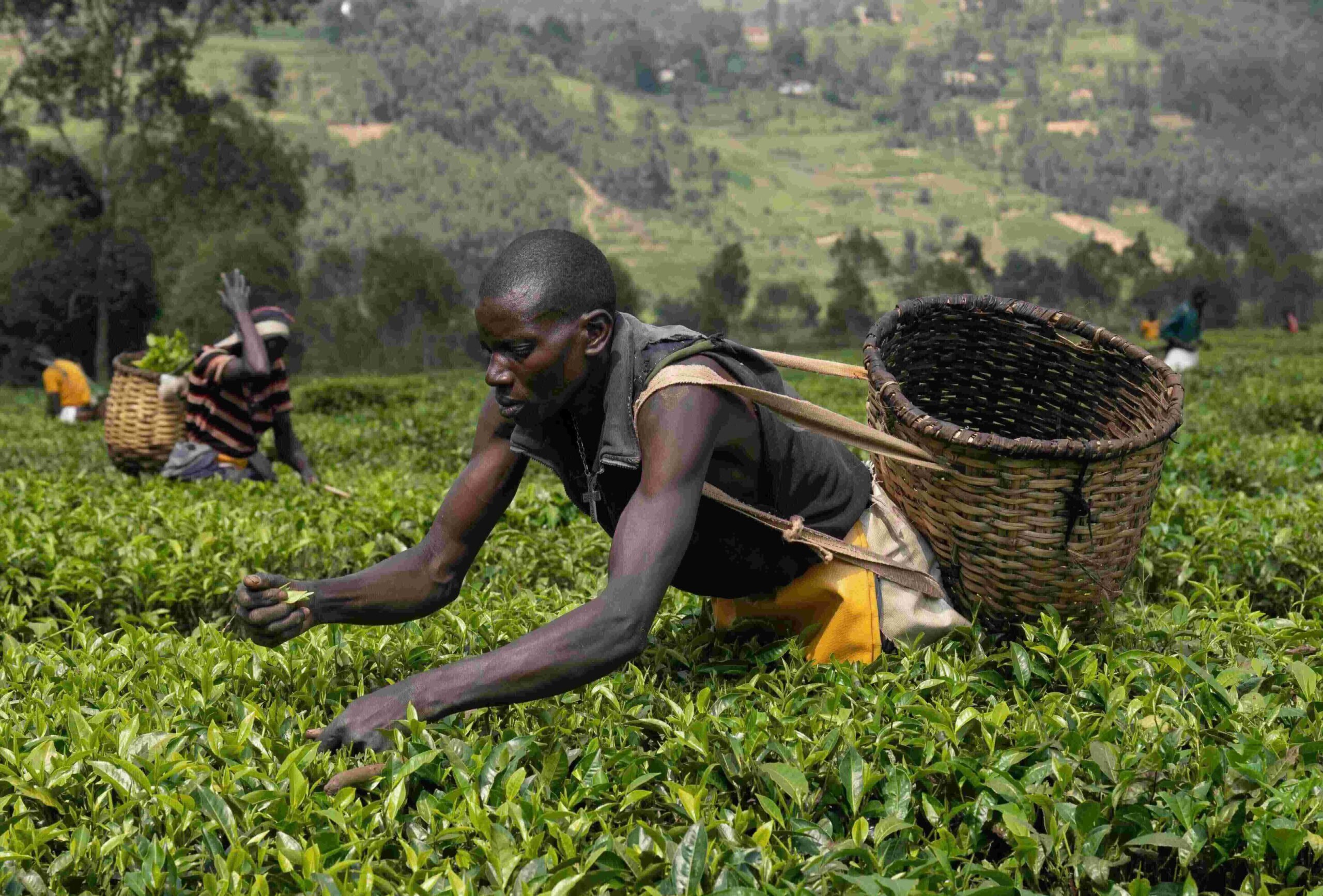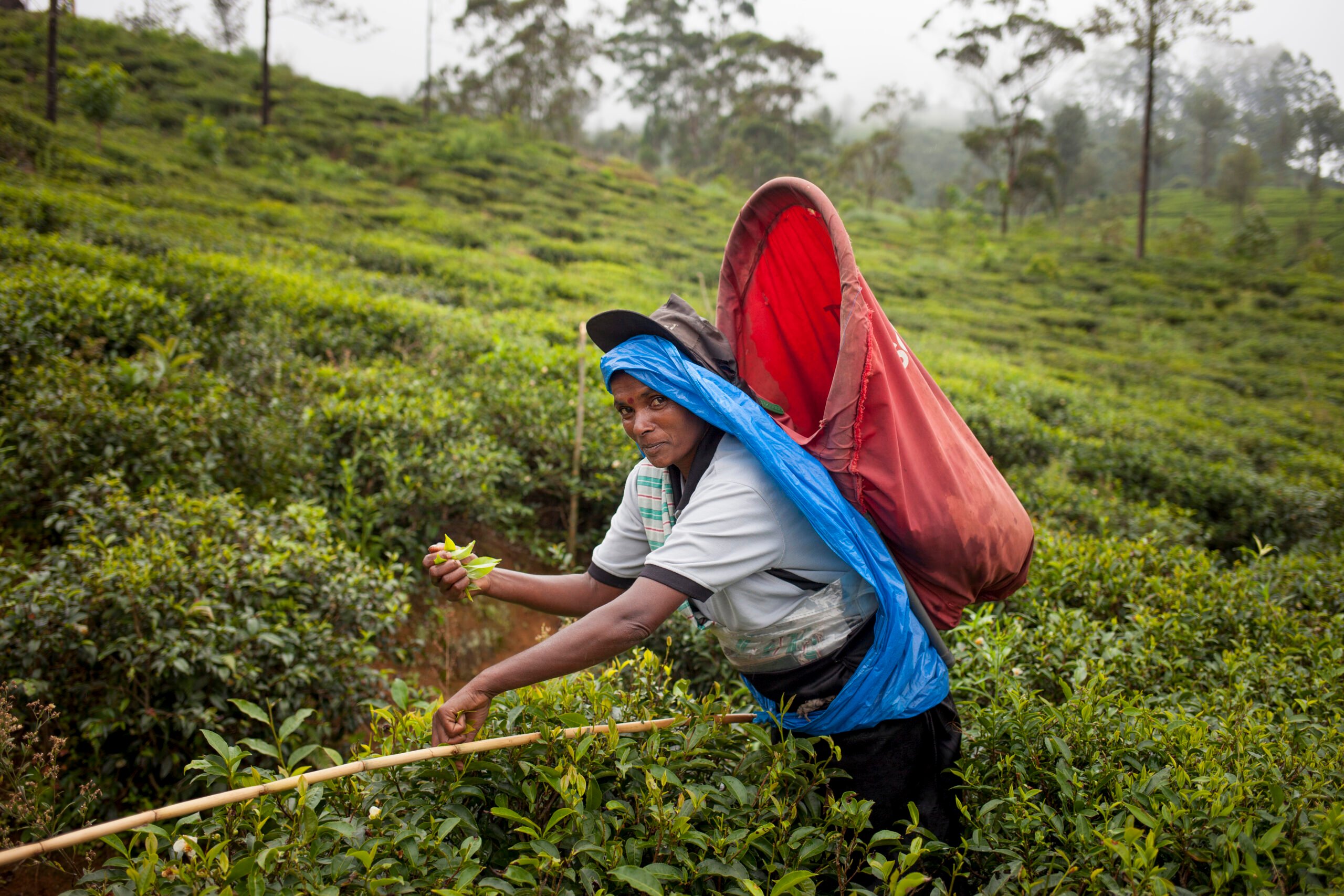Facts & figures
Economics
Nearly 80% of Malawi’s population relies on rain-fed smallholder agriculture for their livelihoods.
Equality
Nearly 20% fewer women are employed in the formal economy than men.
Environment
Over the last 50 years, Malawi experienced seven droughts and more than 19 major flooding events.
Regional priorities
Projects
ETP’s projects address gender-based violence, enable transformative leadership for women, and explore alternative income generation streams.
Private sector change
ETP is scoping interest in piloting a responsible contracting model including clauses to address human rights due diligence.
Policy
In 2024, ETP will complete a legislative and policy review and action plan to guide ETP’s policy worki.

